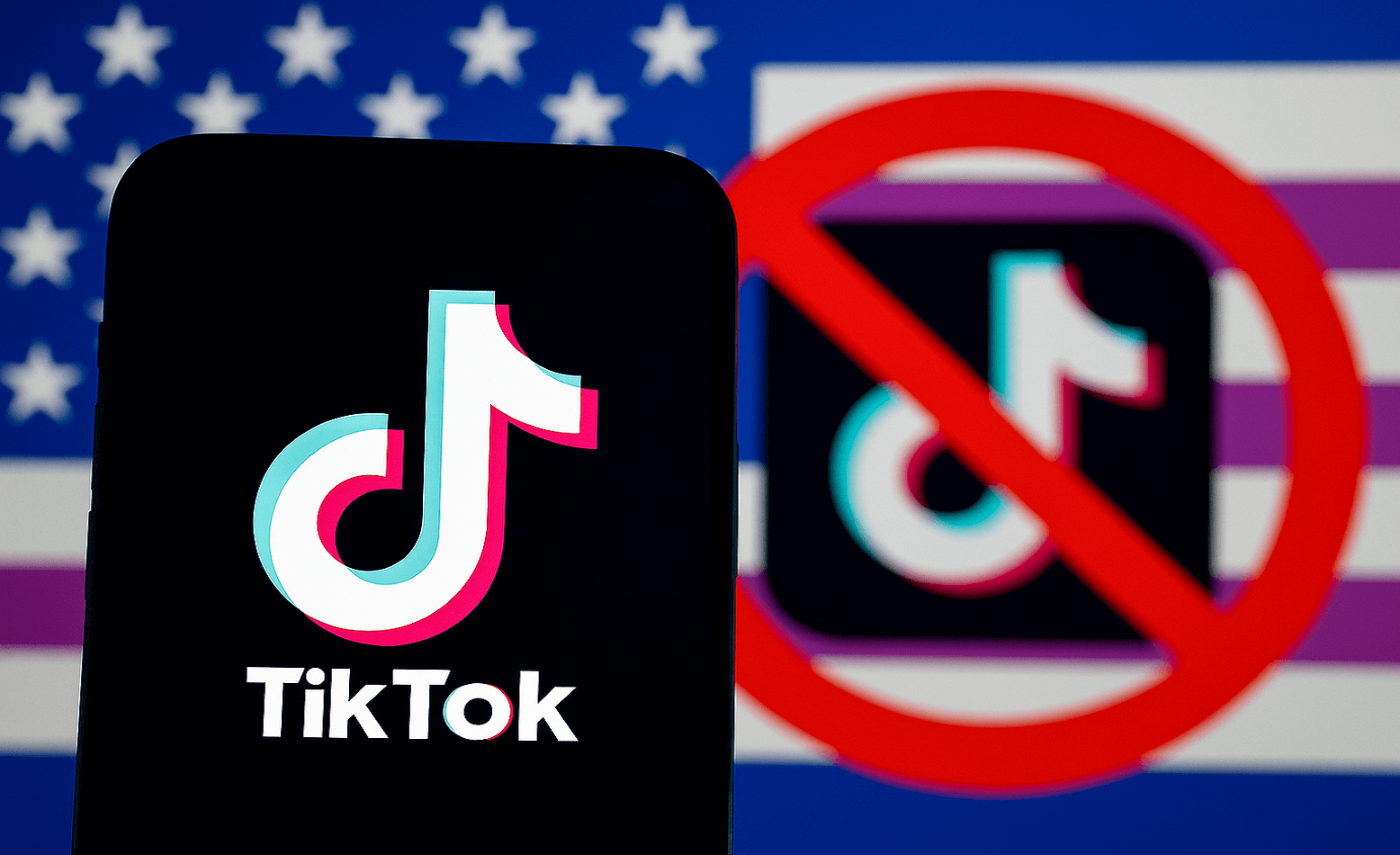What started as a forced experiment in 2020 due to an unprecedented global health crisis has changed the traditional workplace forever. Even though remote and hybrid models have become standard arrangements, many managers still need help making the most of their remote and hybrid teams. If you’re trying to figure out how to make your remote teams more productive, engaged and satisfied keep reading. Here you’ll find several key strategies exceptional remote managers use to create highly effective remote and hybrid teams in 2024.
Building Psychological Safety
Psychological safety is Primary to employee productivity and overall success in traditional office work let alone in, remote or hybrid settings deprived of in person interaction. This issue may lead employees to feel isolated and constantly in doubt regarding their work and performance visibility, leading to increased anxiety and stress levels. When your remote workers feel neglected and frustrated psychological safety in your work environment is disrupted.
For this reason creating an environment where team members feel safe to express ideas, share concerns and take risks without fear of reprisal is essential. You should create creating psychologically safe environment by fostering open communication, freedom of expression, empathy and regular feedback. By doing this you’ll build trust, transparency and respect within your remote and hybrid teams.
Hosting Effective One on Ones
If you want to strengthen your interpersonal relationships and build effective rapport try hosting effective one on ones to give your employees performance feedback and get them on the same page when it comes to individual and company strategic goals. This will give your employees a sense of belonging and show that their contribution to team success is evident and validated.
It is essential to hear your employees points of view to make the most of these one on ones. When your employees feel free to express their doubts and struggles, ideas and opinions and also accept constructive criticism, you’ll be sure that your employees are psychologically safe.
Implementing a Strong Feedback Culture
Abandoning outdated vague and biased feedback practices and replacing these with objective, data, based timely performance evaluations is essential for creating psychologically safe work environments. You can use advanced video conferencing platforms for regular check ins with your remote workers and remote employee time tracking apps data to create detailed feedback etc. These workforce analytics tools offer you insight into employee activities, productivity metrics, apps and internet usage to paint a clear picture of their performance and overall contribution.
During team meetings and project reviews managers should promote candid and open communication to enable team members to exchange ideas, celebrate Achievements and discuss obstacles. Effectively closing feedback loops can help to promote openness and provide workers the freedom to make wise decisions which will improve team output and satisfaction.
Emphasizing Performance and Productivity
In remote and hybrid work environments focusing on outcomes rather than time spent on work can be crucial for measuring remote employee performance. Remote employee time tracking tools, allow you to monitor progress, identify potential bottlenecks and provide timely support and guidance where needed.. By fostering result oriented productivity evaluation you’ll avoid some remote work, like false productivity and improve employee focus needed for meaningful tasks.
Regular check ins and progress reviews allow managers to assess individual contributions, recognize achievements and recalibrate goals to ensure alignment with evolving business priorities.
Conclusion
In conclusion proactive approaches that place a high value on communication, cooperation and ongoing learning are needed to manage remote and hybrid teams successfully in 2024. Building psychological safety, conducting productive one-on-one meetings, establishing a strong feedback culture, placing a premium on performance outcomes and encouraging professional growth are all ways that managers may enable their staff to succeed over the long term in a workplace that is changing quickly.













